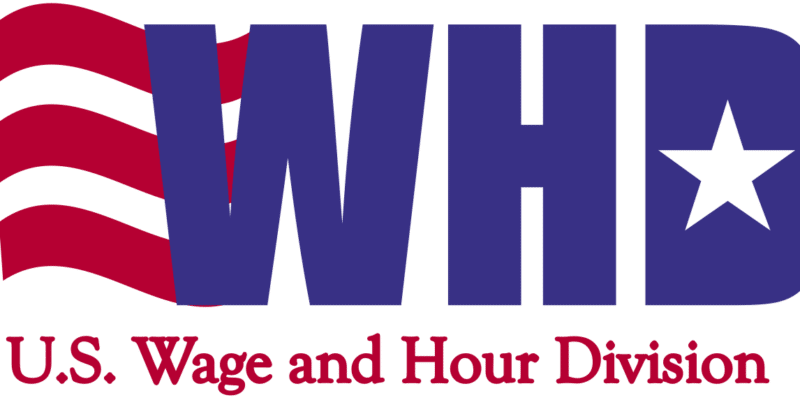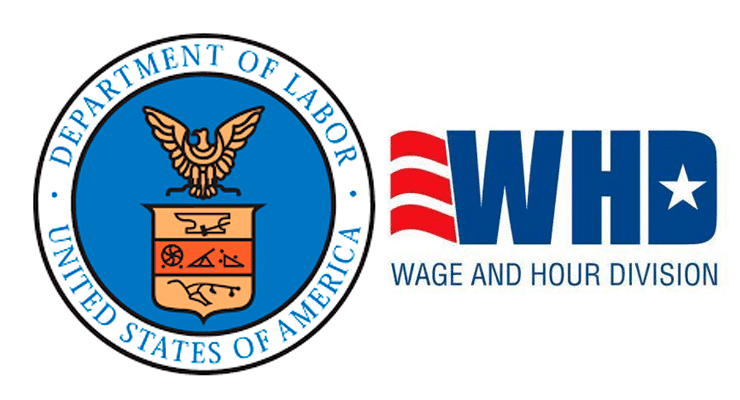Wage and Hour Division
March 14, 2025
The U.S. Department of Labor’s Wage and Hour Division will offer compliance seminars for contracting agencies, contractors, unions, workers and other stakeholders on the requirements for paying prevailing wages on federally funded construction and service contracts.
Part of the continuing effort by the division to increase awareness and improve compliance, the two-day seminars will offer sessions on the labor standards protections in the Davis-Bacon Act and the Service Contract Act, including how the department sets and administers prevailing wages and other topics. Participants can choose among the sessions offered either of the two days.
The upcoming seminars are scheduled on March 18-19, June 25-26 and Sept. 24-25.
The seminars are free to attend but registration is required. Additional information and a link to the online seminars will be sent to registered participants.
For additional information on prevailing wage compliance, the division also has an updated video library on the Davis-Bacon and Related Acts, the Service Contract Act and various executive orders, as well as a prevailing wage resource book.



